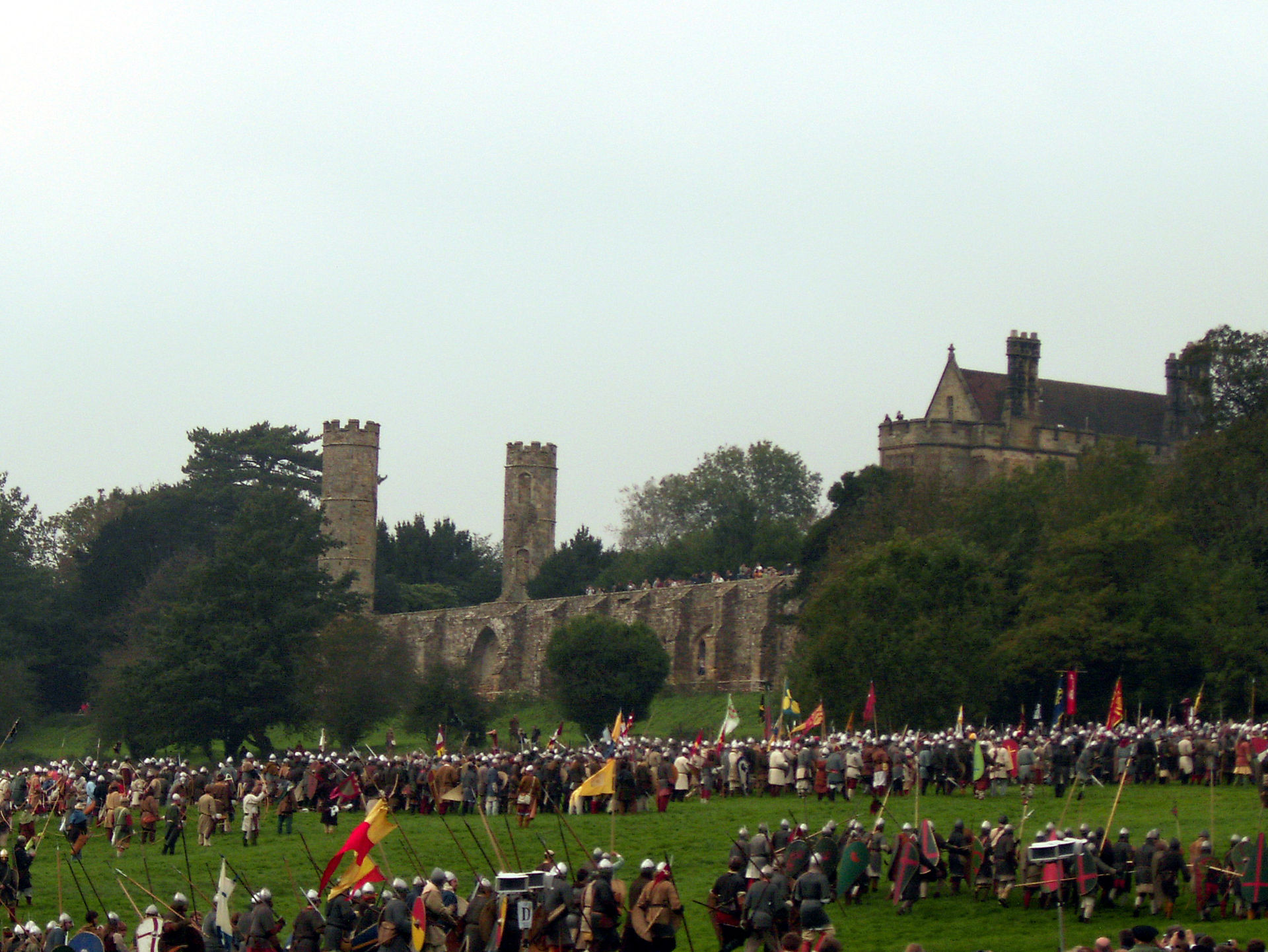Let's not be Hastings about history

No, no, I don’t mean is all this old stuff boring and Britain irrelevant. You already know I don’t think so and if you’re reading these items neither do you. I mean how much does it really matter that William won at Hastings?
On the surface it seems enormously important. It brought not just a new king but a new ruling class, and the feudal system. Why else would we regard the real British monarchy as dating from 1066, to the point that William’s great-great-great-great-grandson Edward I as though even Edward the Confessor had never reigned, let alone Edward the Elder?
OK, I’m getting a bit pedantic. But you get my drift. 1066 is a major turning point. Or is it?
Sixteen years ago I thought it was, calling the Conqueror the most important person of the millennium on the grounds that if Harold the Great Chump had won at Hastings England might have been part of a Nordic rather than European civilization. But the more I’ve considered it the clearer it seems to me that, on the other hand, England tamed the Normans not the reverse, always remaining very much apart including, during its long history as a Catholic nation, maintaining a far healthier separation between church and state than, say, France or Spain ever did and having a “Protestant” break with Rome that for all its unattractive qualities was quite unlike Calvin’s or Luther’s. And of course Saxon common law beat back Norman statute law, at Runnymede and elsewhere.
On the third hand (someone get me an octopus, quick) it may have been precisely the powerful tension between the Norman and Saxon conceptions of government that forced the development of elaborate governmental institutions that restrained instead of empowering the state. The Normans were, after all, outstanding administrators in ways that were often highly desirable provided the underlying mechanisms of popular control could keep pace in their elaboration and formal procedures.
I do believe that in a parallel universe where that arrow missed Harold Godwinson at Hastings and the shield wall did not crack, we would remember him as Harold the Great. But I also think things turned out surprisingly well, albeit with considerable difficulty, the way things did turn out.
For all that, I do not like William the Conqueror, an angry man seething with ambition who was not, I think, entitled to claim the throne. And even after all these years, I do care about that too.